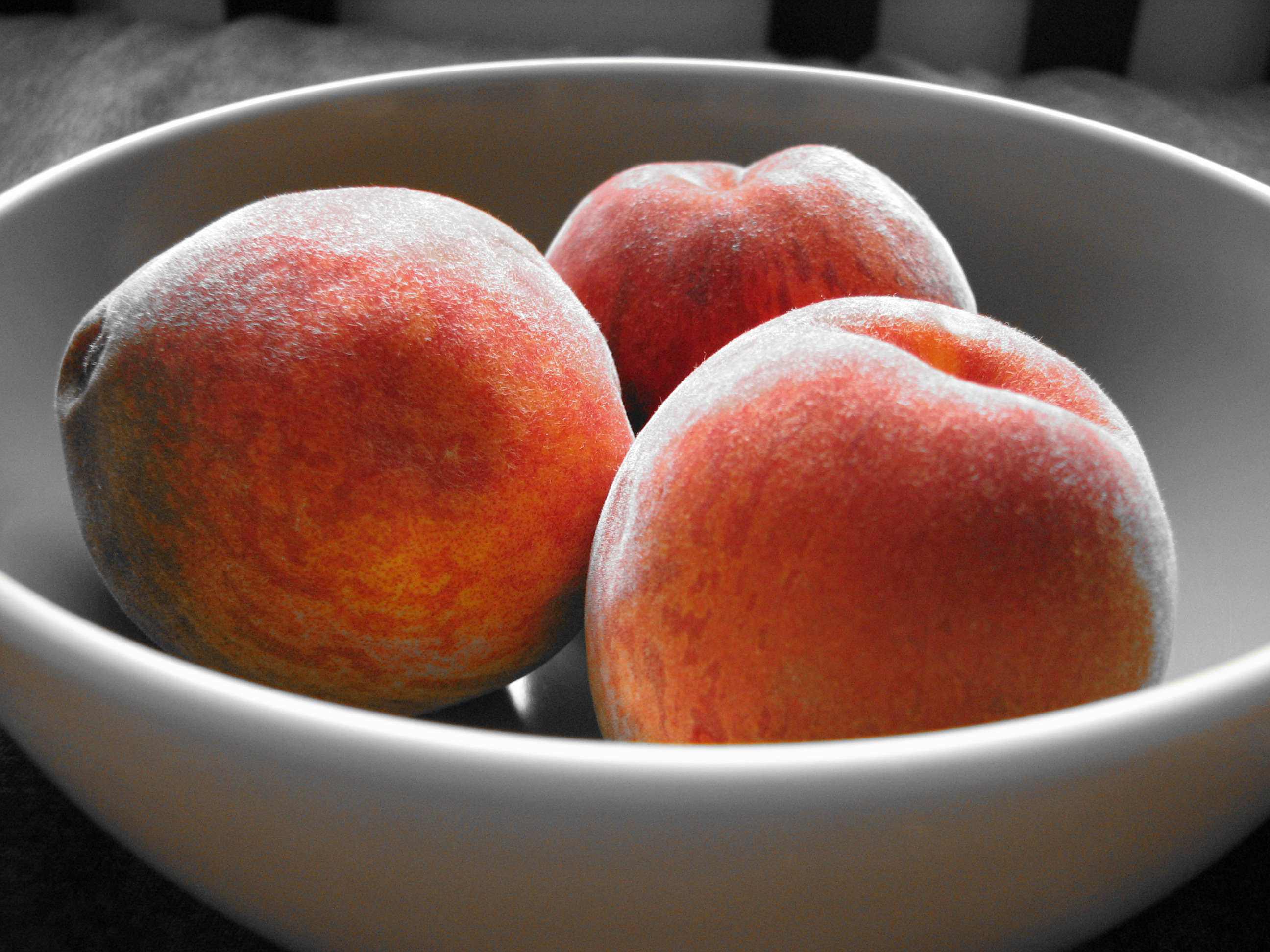 |
| Image by Cary Bass |
For years, in whatever community I was living, I had a gym membership and made regular use of it. I aimed for five workouts a week and if I met my goal , I'd say "I was good this week." I used the same phrase when I had meals that were low in whatever I was counting at the time--calories, fat, or carbohydrates.
Unfortunately, this meant that when I didn't reach my exercise target or when I ate more than I thought I should, I was accustomed to thinking or saying that I'd been "bad."
Most of my female friends talked this way about themselves too, so I didn't give much thought to the terminology or to what it said about how we saw ourselves. I think now that, unconsciously, we were making statements about what we valued, what was important in our lives.
Most of my female friends talked this way about themselves too, so I didn't give much thought to the terminology or to what it said about how we saw ourselves. I think now that, unconsciously, we were making statements about what we valued, what was important in our lives.
Today, when I say those phrases out loud, I cringe a little. For starters, they seem like the words of a child, not a woman (that in itself is worth a separate post). But mostly, I find it sad that I judged myself so harshly based on how much I exercised or ate.
These days, I practice yoga. I don't visit the gym, but going to yoga classes isn't a substitute for a workout. It's more than a physical practice, although I'm glad that it's good for my body too.
After a yoga session, it's not unusual for me to notice how glad I am that I was kind to myself by coming to class. But it wasn't until recently that I noticed the actual words I'd been using.
After a yoga session, it's not unusual for me to notice how glad I am that I was kind to myself by coming to class. But it wasn't until recently that I noticed the actual words I'd been using.
I don't remember when I made the transition from being "good" or "bad" to the notion of being kind to myself. I do know that it feels very different from my old habit. When I thought of myself as being good or bad, my ego was in full force; I either felt proud proud about achieving or guilty about failing.
Being kind to myself, on the other hand, isn't ego-driven or boastful; it's a small, deep pleasure--an appreciation.
Being kind to myself, on the other hand, isn't ego-driven or boastful; it's a small, deep pleasure--an appreciation.
I'm being kind to myself when I take the time to meditate on days when I'm rushed and think I don't have a minute to spare; I'm kind to myself when I eat enough ice cream to feel satisfied but not so much that I feel full.
And here's what resonates most strongly: treating myself kindly means accepting that I'm human, that my decisions will be better on some days than others. If I decide not to meditate today, I note it and move on. Tomorrow I'll have a new set of circumstances and a new opportunity to choose, and I suspect that treating myself with compassion helps me make wiser choices.
This was the main problem with my old way of thinking: there wasn't much room for compassion. The standard was perfection, so if I wasn't being "good," then surely I was being "bad." I was either a success or a failure.
I've heard it said that our thoughts are who we are--or who we become--and that we reinforce these thoughts in the way we speak. What's important to remember is that we can use this to our advantage.
So consider: If your actions don't match your intentions, will berating yourself really help you behave differently? Or will it just strengthen your belief about how "bad" you are and reinforce a negative pattern? It's worth a thought.
Do you struggle with treating yourself kindly? What works for you?
---
Image by Cary Bass via Wikimedia Commons, under a Creative Commons license.

No comments:
Post a Comment